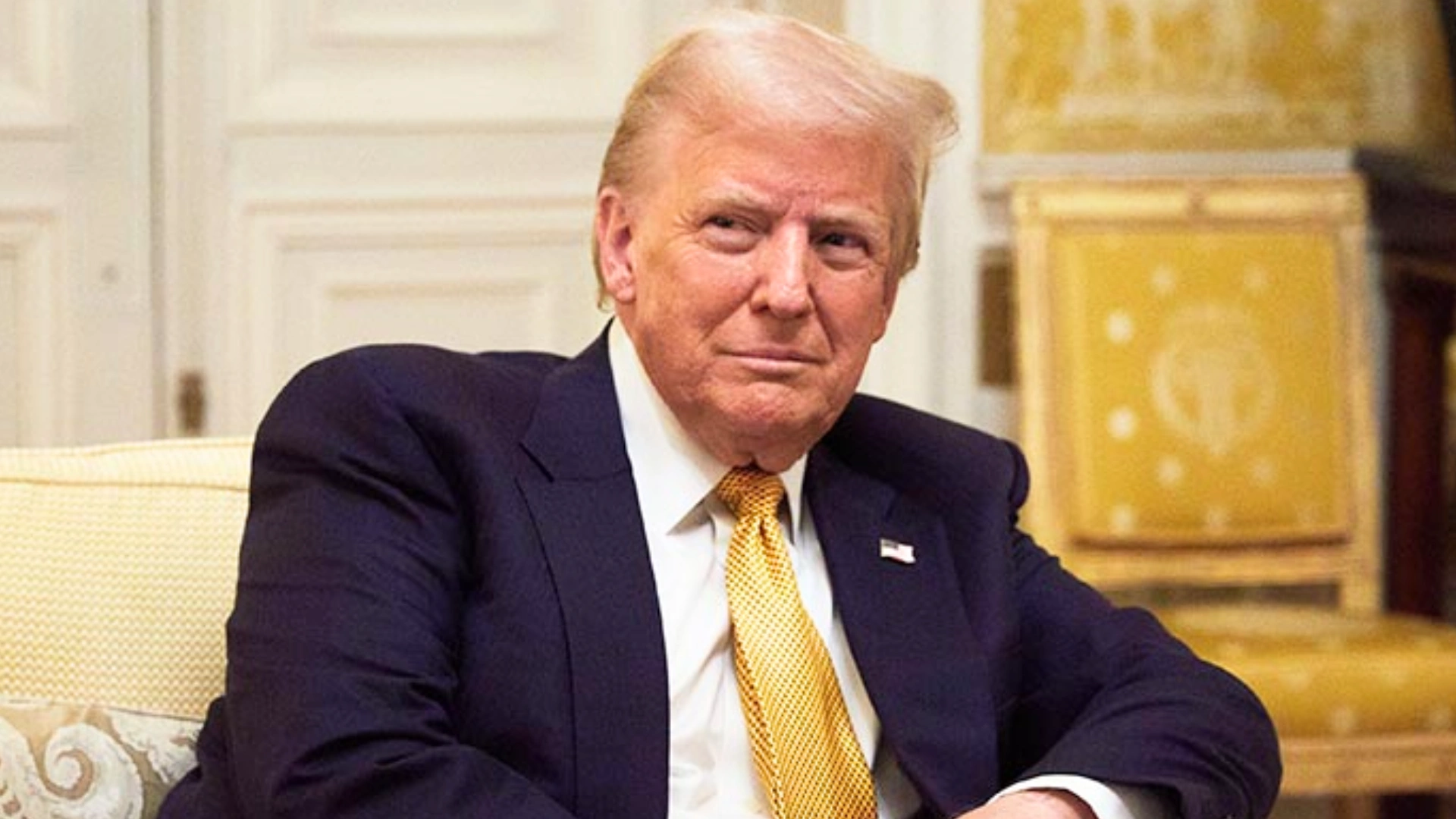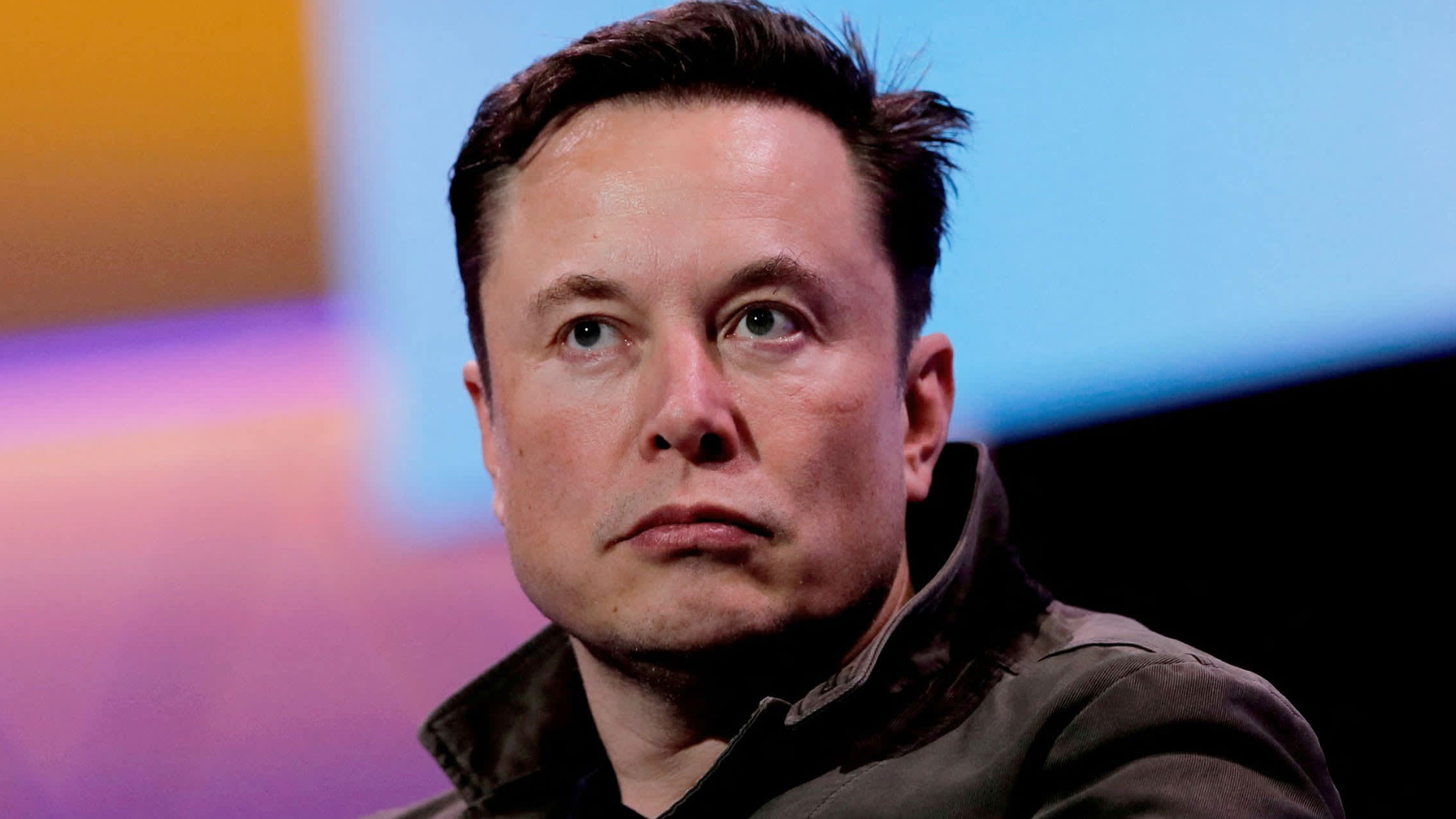In a recent interview with Stanford Graduate School of Business, Chanel CEO Leena Nair, the luxury brand’s second female CEO and its first Indian head, shared her experience exploring the potential and pitfalls of artificial intelligence (AI) for the luxury industry.
During a visit to Microsoft’s headquarters in Seattle, Nair and her team interacted with ChatGPT, OpenAI’s powerful AI tool, and encountered an unexpected reflection of AI’s implicit biases.
“All Men in Suits”
Nair, a British-Indian executive and Chanel’s CEO since 2021, was joined by her leadership team in experimenting with ChatGPT. Curious about how AI might represent Chanel’s senior leadership, Nair asked ChatGPT to generate an image of the Chanel team visiting Microsoft. The response? An image filled with men in suits—a stark misrepresentation of Chanel’s actual workforce, which is composed of 76% women, including Nair herself as CEO. As Nair humorously noted, “This is what you’ve got to offer, ChatGPT? Come on.”
The incident highlights ongoing gender biases embedded in AI technology. Even though Chanel’s workforce is predominantly female, the image generated by ChatGPT failed to represent this reality. Nair expressed concern, emphasizing the need for AI tools that align with and respect Chanel’s organizational diversity and ethos. “This is Chanel. Yes, 76% of my organization is women. Ninety-six percent of my clients are women,” she noted, underscoring how the company’s image, leadership, and client base contrast sharply with AI’s assumptions.
Gender Bias in AI: A Broader Challenge
This interaction between Chanel’s leadership team and ChatGPT mirrors similar findings across various studies and sectors. A 2023 study by UCLA, for instance, uncovered that both ChatGPT and Stanford’s Alpaca model employed gendered language when generating recommendation letters—using words like “expert” and “integrity” for men, while describing women with terms like “beauty” and “delight.” These findings reflect longstanding biases that stem from AI’s reliance on historical data, which often reinforce stereotypes.
According to OpenAI, addressing such biases is a priority, and the company is “continuously iterating” to minimize the unintended consequences of these biases. Nevertheless, Nair’s encounter demonstrates that AI models have considerable room for improvement, particularly in accurately reflecting diverse representations in leadership and other areas where women and minority groups are frequently underrepresented.
Chanel’s Approach to AI: Embracing Innovation with Integrity
Nair’s experience with ChatGPT underscores her larger vision for integrating AI thoughtfully and ethically within Chanel. In a tech-driven landscape where AI’s influence is expanding rapidly, luxury brands like Chanel are beginning to embrace these innovations, but not without a vigilant eye on potential challenges. Nair emphasizes that AI can complement the luxury industry, yet it must be balanced with the human-centric values Chanel champions. “Ensuring that AI supports human creators and creation, rather than take away what they bring so skillfully and masterfully, is very much core to who we are at Chanel,” she explained.
Under Nair’s leadership, Chanel has already launched AI initiatives, such as Lipscanner, an AI-powered app that allows users to virtually try on lipstick, introduced in 2021. The company is also working on AI-based productivity tools and chatbots for its website. While committed to embracing the technology, Chanel is simultaneously focused on maintaining human creativity and authenticity as foundational aspects of the brand.
Breaking Barriers as a “First” in Luxury
Nair’s journey to the top of Chanel reflects a history of breaking barriers in traditionally male-dominated spaces. Before joining Chanel, she became the first woman and youngest-ever Chief Human Resources Officer at Unilever, where she worked for 30 years. Her tenure at Chanel has seen a notable increase in female managers, with the percentage rising from 38% to 60%. Aware of her unique position, she strives not to be “the last” woman or person of color in such roles, pushing for more inclusive leadership in the luxury sector and beyond.
Despite AI’s promising potential, Nair is cautious about its pitfalls and encourages leaders to adopt a “humanistic approach” to AI development. “I constantly talk to my friends in tech, all the CEOs that you know, saying, come on, guys, you’ve gotta make sure that you’re integrating a humanistic way of thinking in AI,” she said.
A New Frontier for AI and Luxury
As Chanel continues to explore the role of AI in luxury, Nair’s experience underscores the importance of ethical technology implementation that reflects, rather than misrepresents, an organization’s core values and demographics. For Chanel, AI represents not just a technological tool but a strategic frontier, where digital innovation intersects with brand identity. Nair’s leadership showcases a commitment to maintaining Chanel’s heritage while ensuring the company stays at the forefront of the luxury industry’s digital evolution.


















